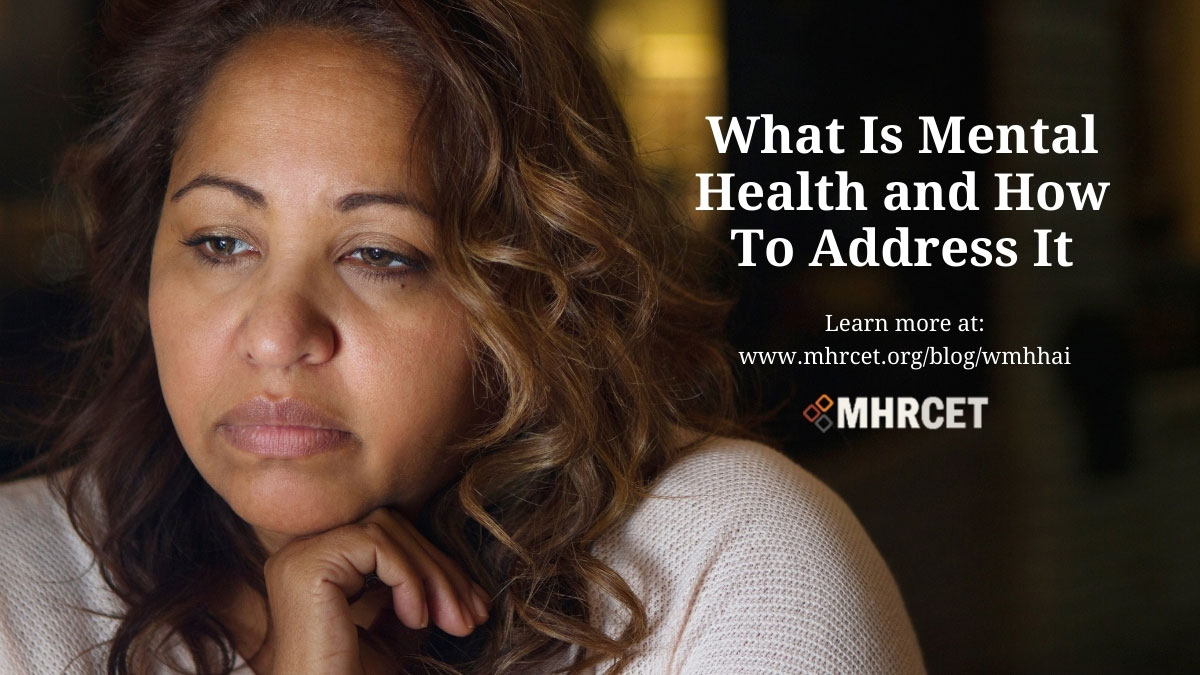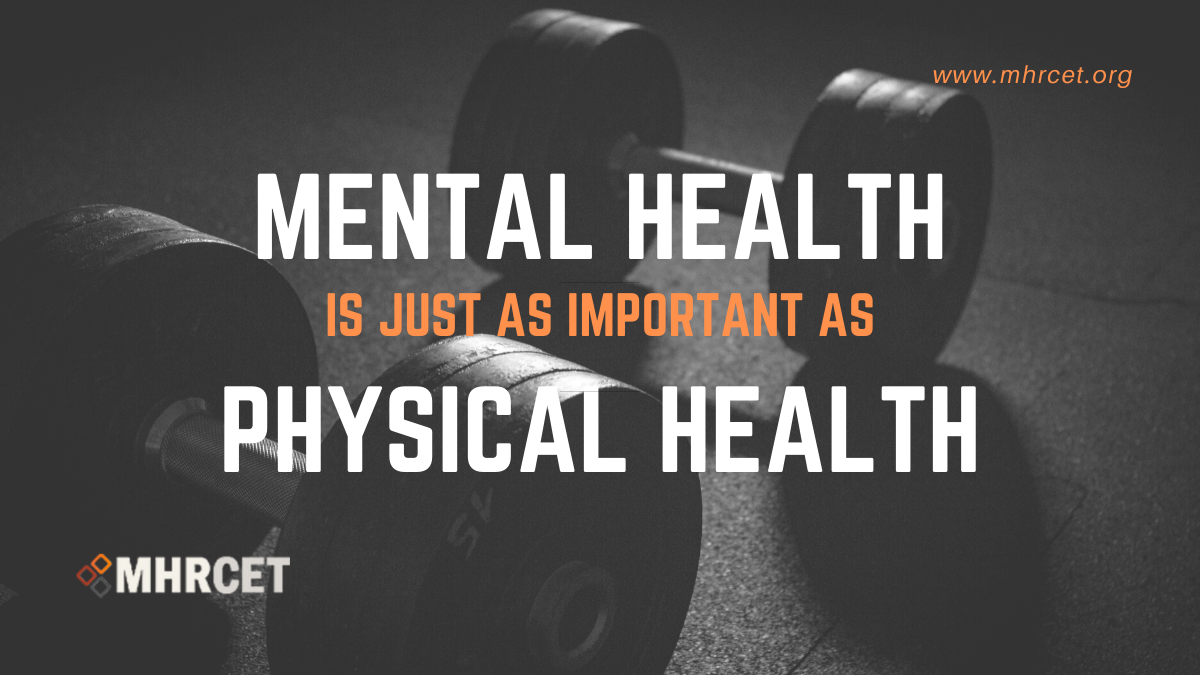by Kathryn Larimore
Police officers are more likely to die by suicide than in the line of duty. There is a growing effort to understand the various factors that contribute to police officers dying by suicide.
The clearest contributing factor is the daily trauma that police officers face in the line of duty. From responding to car accidents, violent incidents, and often having to put themselves in harm’s way, police officers experience a high level of chronic trauma and stress. Because of this, police officers experience depression and Post Traumatic Stress Disorder (PTSD) at rates as much as 5 times higher than the civilian population. Both conditions can lead to feelings of hopelessness, despair, aggression, and heightened levels of stress. All risk factors of suicide.
Other contributing factors to high suicide rates include a culture of “toughing it out,” and also a lack of resources. Professions that promote “toughness” can by default improve silence when it comes to reaching out for help. Officers may suffer in silence for fear of being seen as “weak” or unfit to work.
Additionally, there appears to be a gap in training and resources. The Ruderman Foundation reports that of the 18,000 law enforcement agencies in the US, only 3-5% have suicide prevention training. Those experiencing suicidal thoughts and their colleagues may be ill equipped to recognize warning signs, or to speak up. Greater access to trainings should equip officers with knowledge of warning signs, normalize discussion of mental health, and encourage resiliency.
Those in law enforcement who are experiencing suicidal thoughts or suspect their friends might be struggling can text “BLUE” to 741741 to connect with a trained counselor. Resources also include calling the National Suicide Prevention Lifeline at (800) 273-8255.
Reference:














